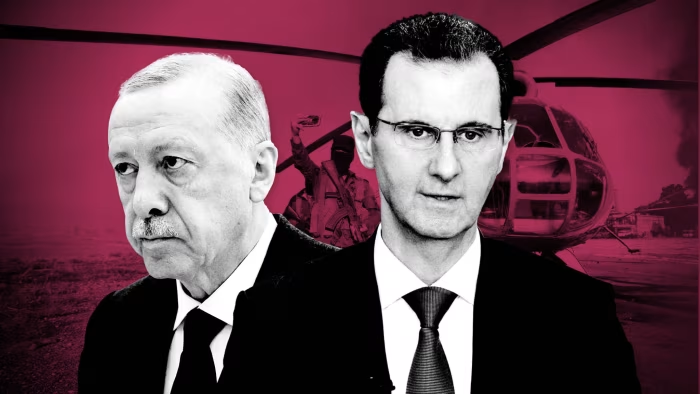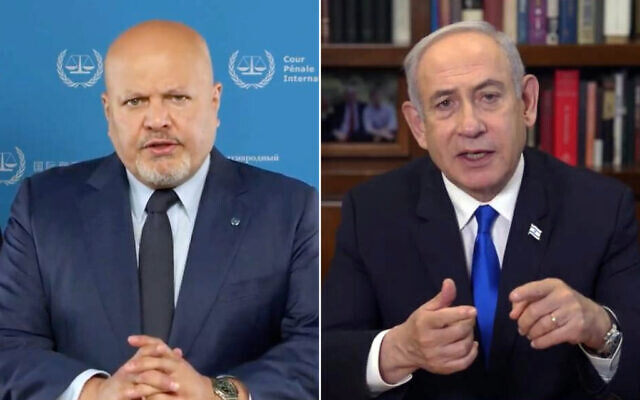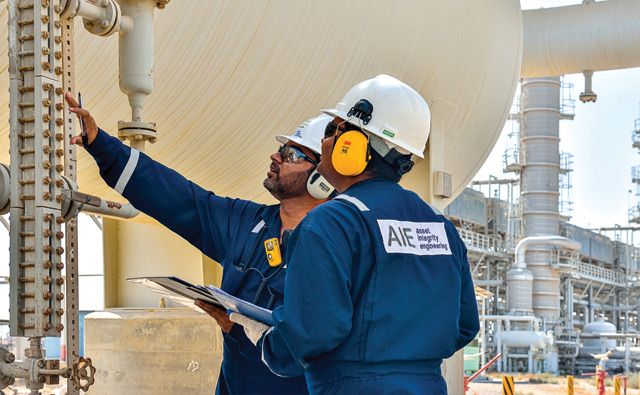CNN faces backlash over ‘staged’ Syrian prisoner rescue report

CNN is facing significant backlash after airing a report that many viewers and critics have described as a “staged” rescue of a Syrian prisoner, leading to accusations of media manipulation and ethical misconduct. The controversy erupted following the network’s broadcast of footage showing the dramatic rescue of a Syrian man who had been held by militants in Syria. While the story appeared to be a legitimate report on the dangerous operations of international forces in the region, investigations soon revealed that key elements of the report had been fabricated or exaggerated, leading to widespread outrage.
The segment aired by CNN featured footage of the Syrian man being rescued from captivity, supposedly by a team of Western operatives working in conjunction with local forces. The images portrayed a daring operation in which the man, believed to be a prisoner of war, was freed from the clutches of militants who were holding him. The report initially garnered praise for highlighting the risks involved in such missions and the plight of civilians caught in the crossfire of Syria’s ongoing civil war. However, as more information came to light, the authenticity of the story began to unravel.
Several media watchdogs and independent journalists raised concerns about the veracity of the footage and the circumstances surrounding the rescue. It was revealed that the man shown in the report was not a genuine prisoner, but rather an actor who had been hired to participate in a staged rescue. The rescue operation, far from being a genuine military mission, was choreographed to appear as a dramatic and urgent operation, according to sources familiar with the production of the segment.
The backlash against CNN was swift and severe, with accusations of ethical violations and sensationalism. Critics argued that the network had deliberately misled viewers, using fabricated footage to create the illusion of a high-risk rescue operation in order to boost ratings and generate sensational headlines. Many questioned the integrity of CNN’s editorial processes and raised concerns about the impact of such a report on the public’s perception of the conflict in Syria and the operations of international forces in the region.
The controversy has led to calls for accountability from both media professionals and members of the public. Some have demanded that CNN issue a public apology for its role in broadcasting what they consider to be misleading and unethical content. Others have called for an investigation into the network’s practices and whether this incident is part of a broader pattern of media manipulation or sensationalism.
In response to the criticism, CNN issued a statement acknowledging that the segment in question did not meet its usual standards of journalistic integrity. The network apologized for the misleading portrayal and stated that it was conducting an internal review of its editorial processes to ensure that such an incident would not happen again. However, the apology has done little to quell the anger of many observers, who believe that CNN’s response was insufficient and failed to fully address the scope of the issue.
The controversy over the staged rescue footage highlights the growing concerns about the role of media in shaping public perception, especially in conflict zones like Syria. With the rise of social media and citizen journalism, traditional media outlets like CNN are facing increasing scrutiny over their reporting practices. As accusations of fake news and media bias continue to dominate political discourse, incidents like this only fuel distrust in mainstream media organizations and raise questions about the reliability of the information presented to the public.
This incident also raises broader questions about the ethics of war reporting and the responsibility of media outlets to provide accurate and truthful representations of events. While it is understandable that journalists working in conflict zones may face challenges in accessing information and verifying sources, the use of staged footage crosses a line that undermines the credibility of the entire profession. The public’s trust in the media is fragile, and incidents like this one only erode that trust further, making it more difficult for legitimate reporting to be taken seriously.
In conclusion, CNN’s controversial report on the “staged” Syrian prisoner rescue has ignited a firestorm of criticism and sparked a broader conversation about media ethics and accountability. The incident has not only damaged the network’s reputation but also raised important questions about the role of the media in conflict reporting. As the dust settles, the backlash serves as a reminder that news organizations must adhere to the highest standards of journalistic integrity, especially when reporting on sensitive and high-stakes issues like war and international interventions.






